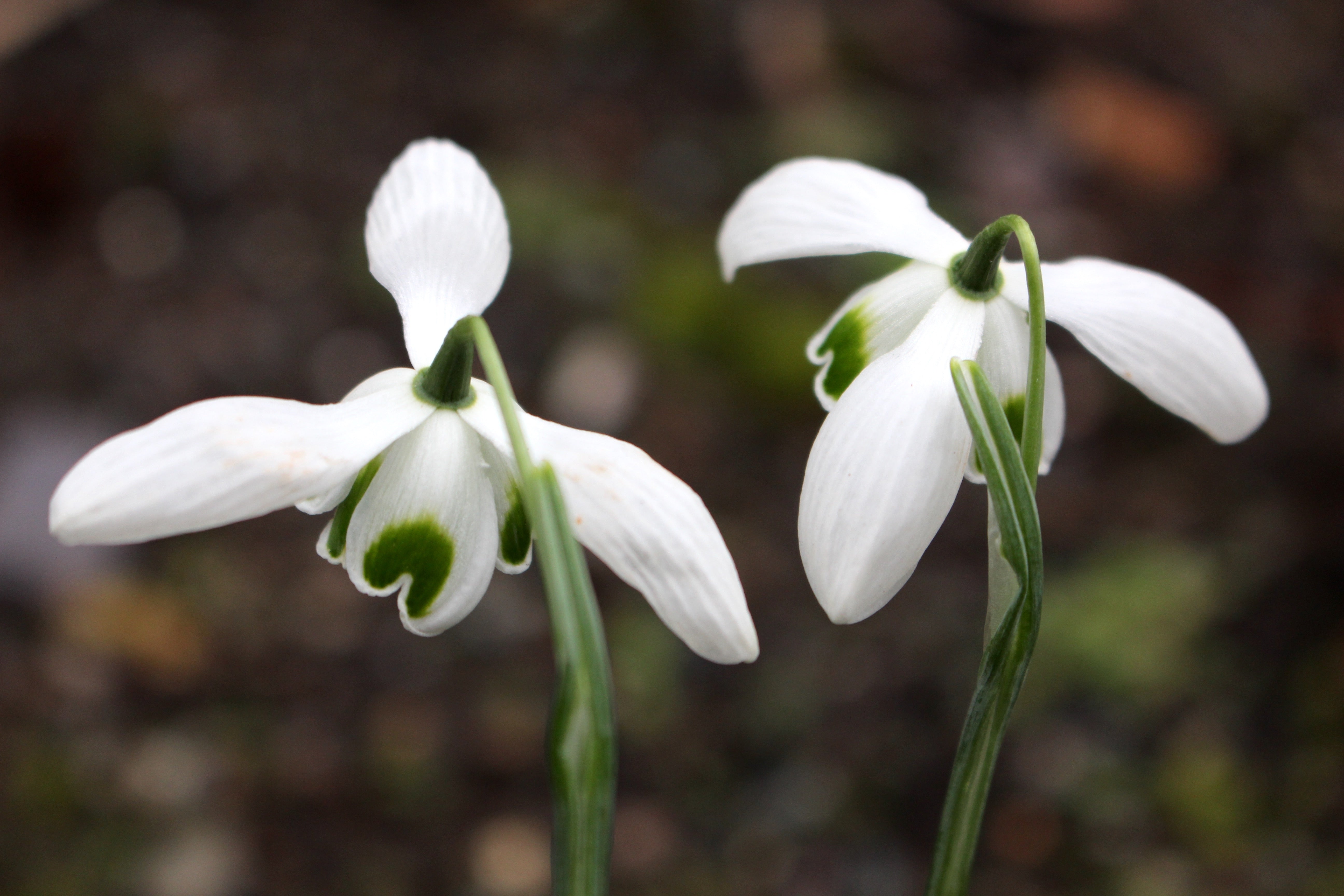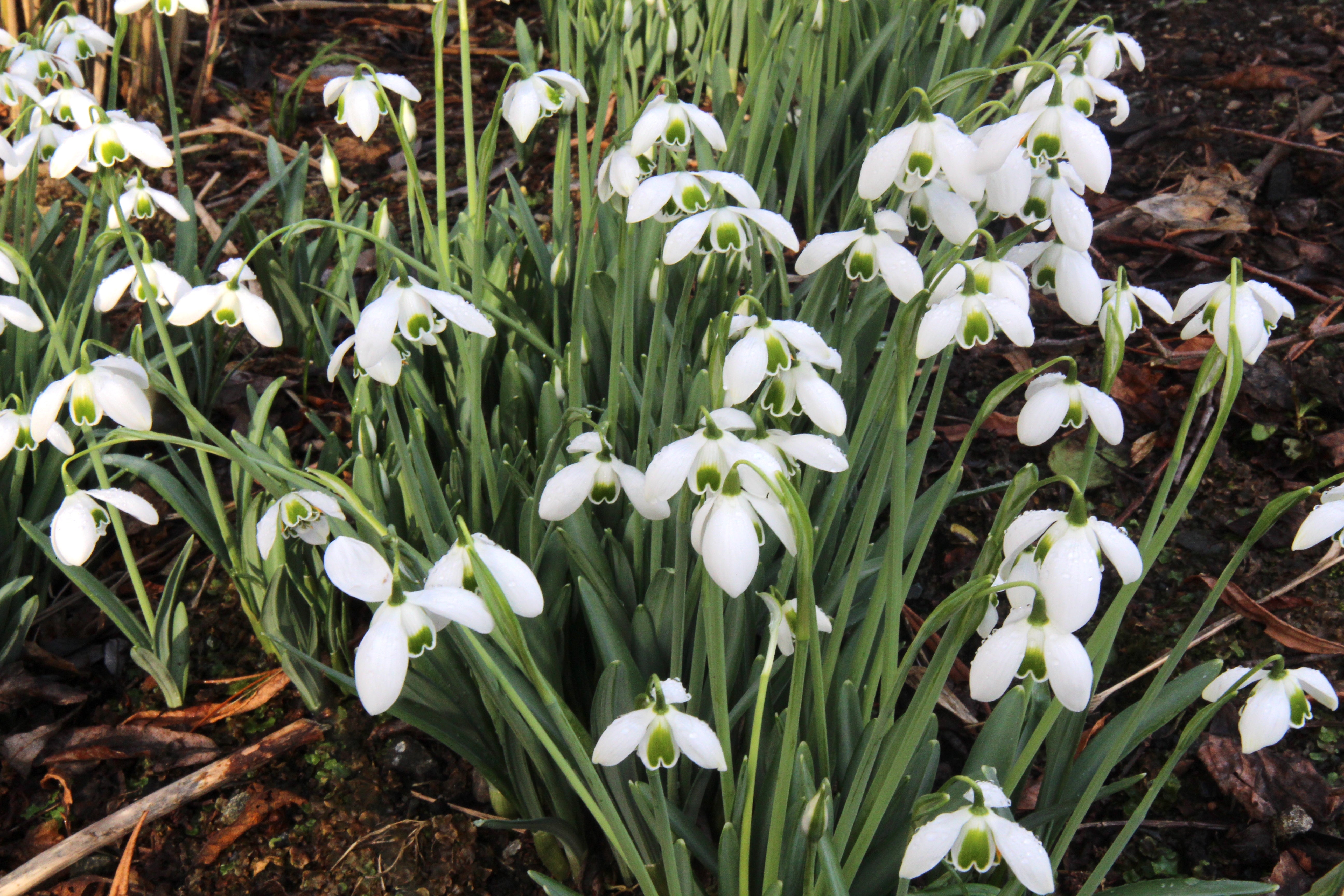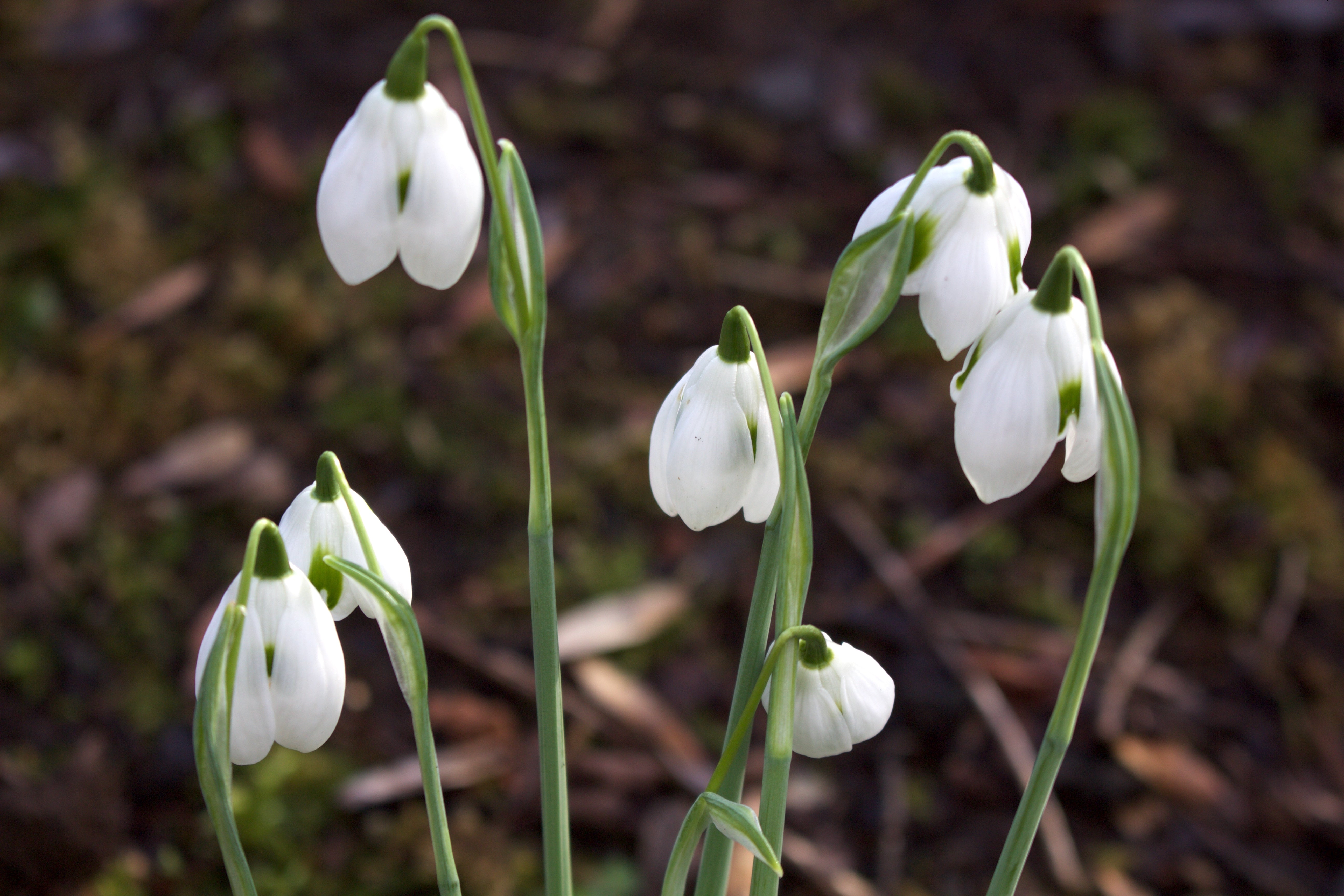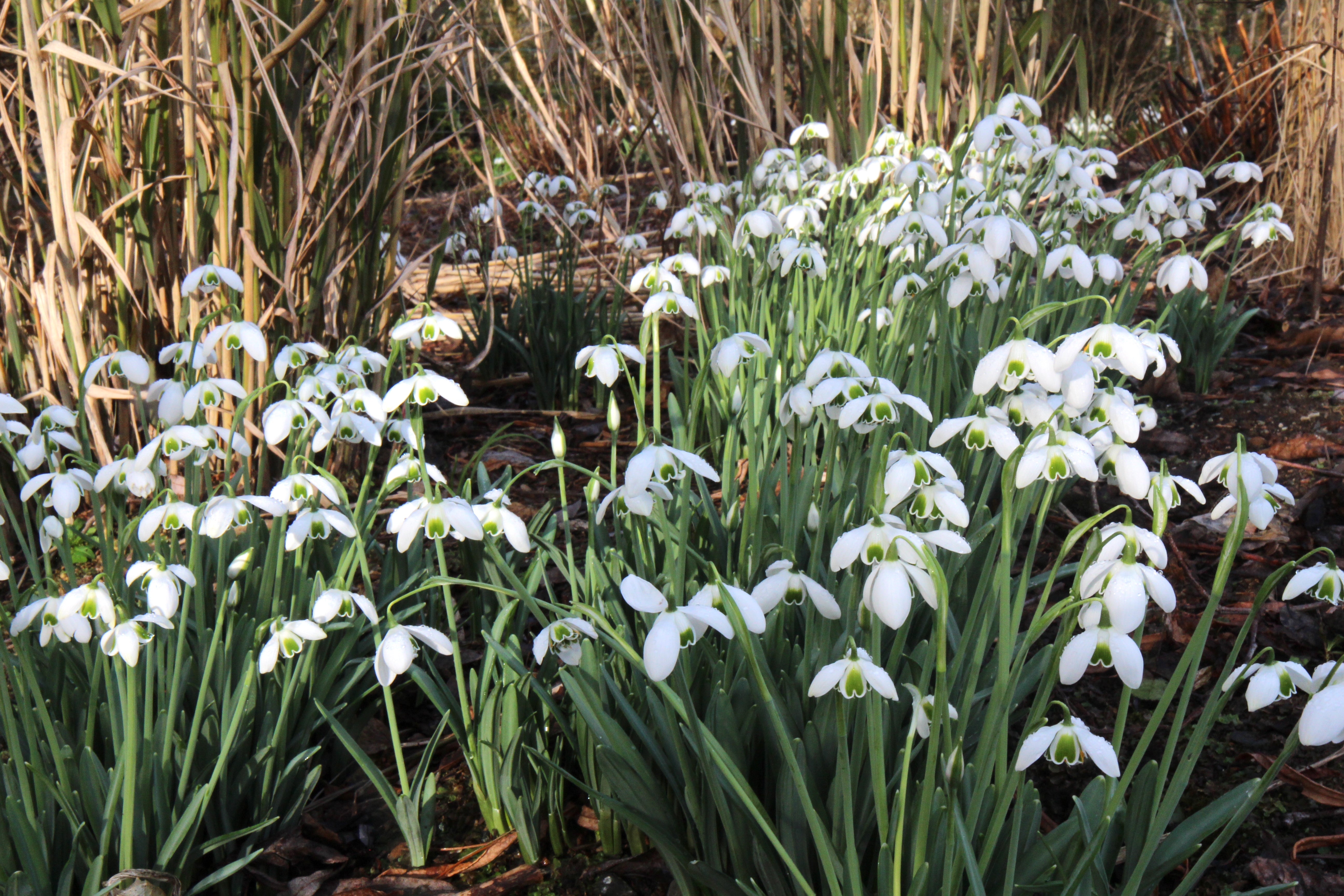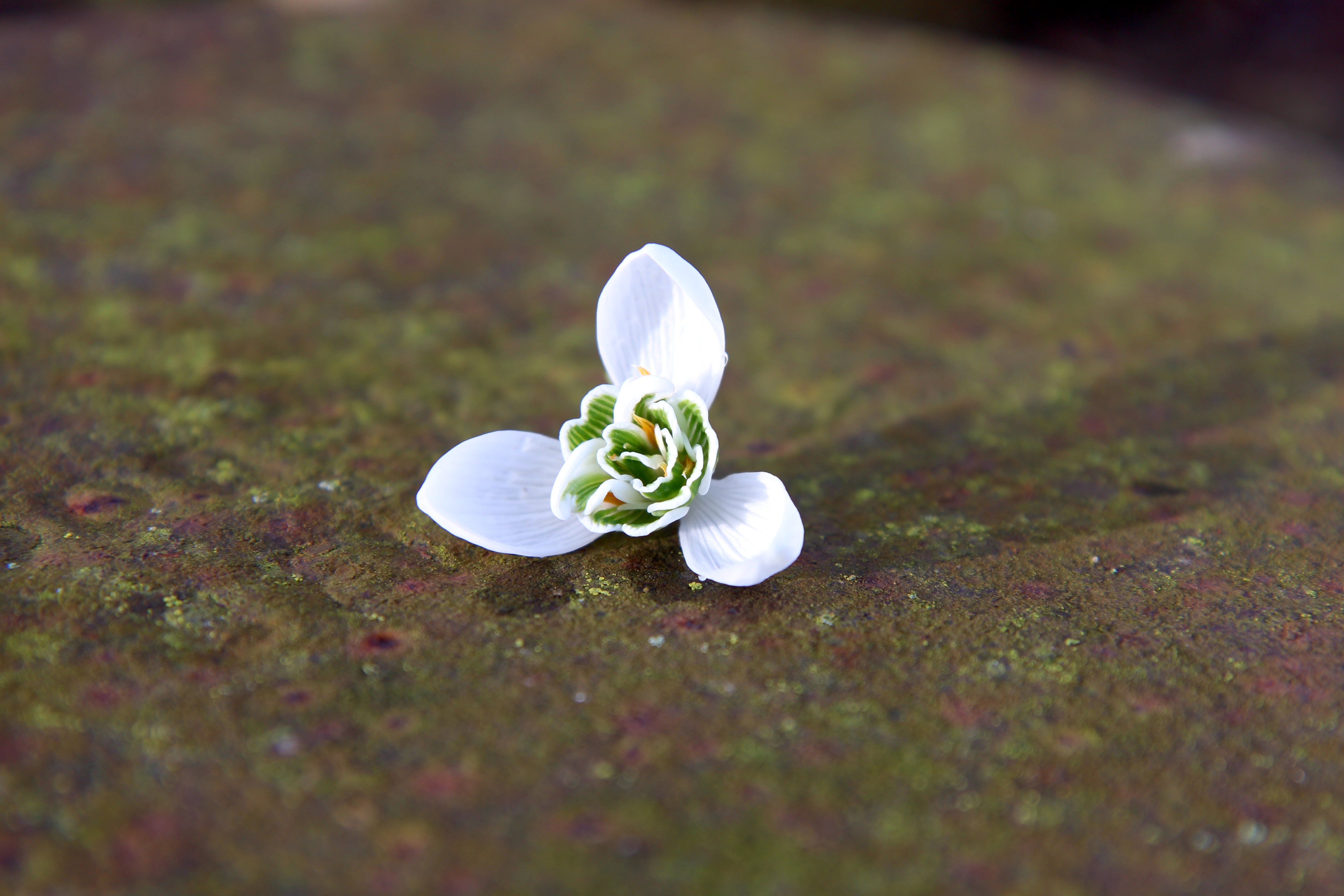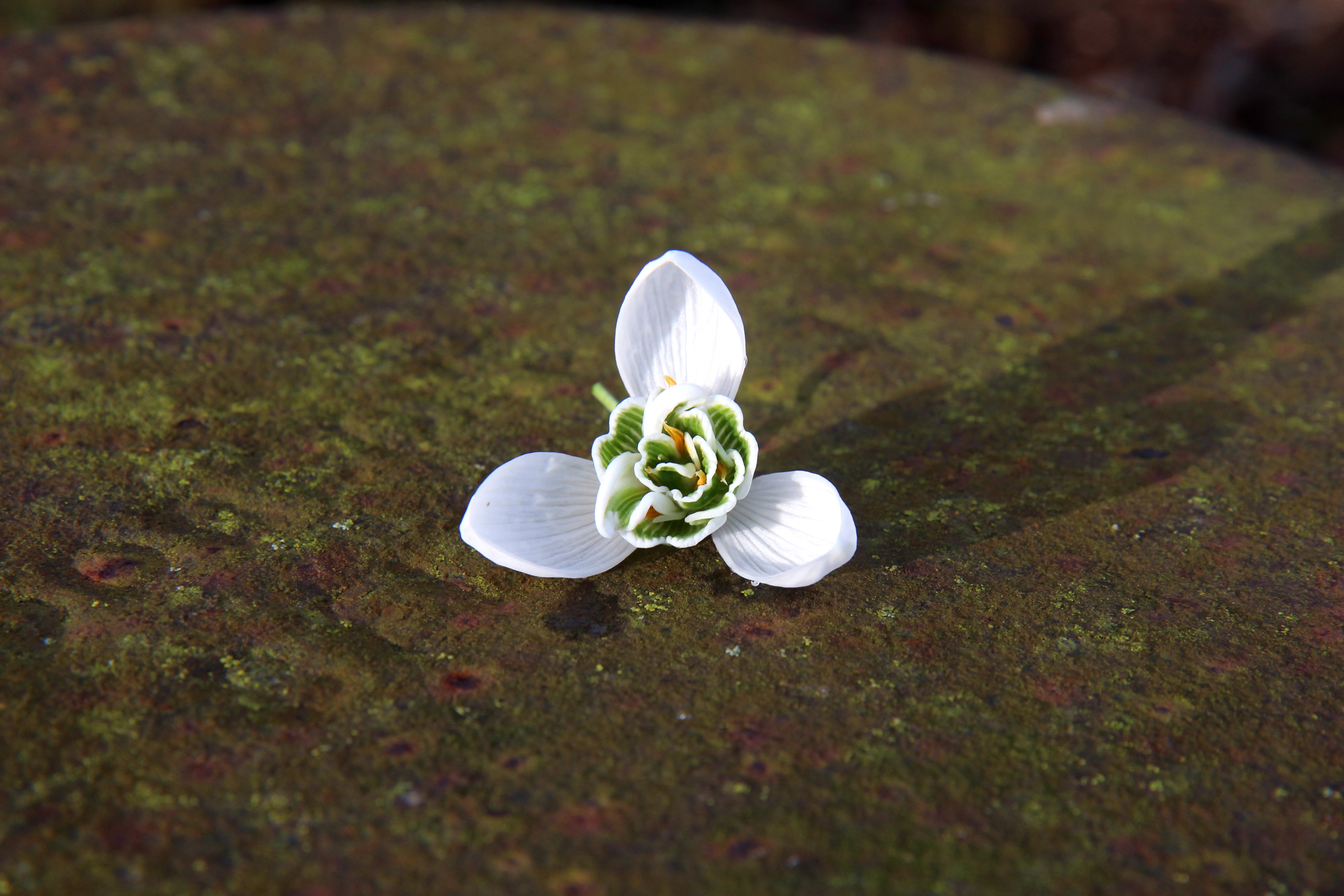Galanthus 'Jacquenetta' (d)
Approx. 0.5 litre pot
About this cultivar:
Galanthus 'Jacquenetta' (d) is Greatorex Double; a series of cultivars created by hybridising Galanthus plicatus and Galanthus nivalis ‘Flore Pleno’. Distinguished by a deep green mark running the full length of the outside of the inner petals. Probably the strongest fragrance of any snowdrop we have.
Heyrick Greatorex, the creatorex of the Greatorex Doubles, named many of his plants after Shakespearean characters. In "Love Labour's Lost" Jaquenetta is the love interest of Don Armado, However, the RHS spells this one with a c...
Heyrick Greatorex was a man of many talents, having served in the Great War as a commission cavalry officer and later in the Home Guard, protecting Acle bridge in the Second World War. But his greatest talent was producing his hybrid doubles using pollen from Galanthus nivalis 'Flore pleno' and Galanthus plicatus in the 1940s.
Ah, the Greatorex doubles! Those peculiar hybrids, so different from the usual bee-made nivalis doubles of the time. Tall scapes with skirted flowers - what a sight to behold! Heyrick Greatorex introduced them in the 1940s and 50s; a shame he passed away in 1954, but his legacy lives on through these strange flowers.
**Price is for 1 bulb supplied in a pot**
- Position: Full sun, partial shade
- Soil: Almost any soil, grows well in Ballyrobert
- Flowers: February, March, April
- Other features: Grows well in Ballyrobert
- Hardiness: H5 - Hardy in most places throughout the UK even in severe winters (-15 to -10°C), Fully hardy - grows well in Ballyrobert!
- Habit: Tufted
- Foliage: Deciduous
- Height: 10 - 25 cm (0.3 - 0.75 ft)
- Spread: 0 - 15 cm (0 - 0.5 ft)
- Time to full growth: 2 to 5 years
- Plant type: Herbaceous Perennial, bulb
- Colour: Green, white
- Goes well with: Everything!
About this genus:
Galanthus (ga - lan - thus) is a genus of 19 species first described by Carl Linnaeus in 1753, based on the species Galanthus nivalis. Galanthus is from the Greek gala, meaning "milk", and anthos, meaning "flower", alluding to the colour of the flowers. The common epithet nivalis means "of the snow" - which reminds you of the common name, snowdrop. Native to parts of Europe and the eastern Mediterranean region, some species contain galantamine, a precious compound used to treat Alzheimer's disease.
Galanthus do well in a variety of soils that are not waterlogged (like most bulbs). As for situation; even though they have reputation as shade plants you will find they do well in full sun, part shade or lots of shade. In our garden we have quite a wide range of cultivars in a wide range of places.
Galanthus blooms during winter months and is a great choice for naturalizing in meadows and lawns. We actually have quite a few in our woodlands and poking up at the front of borders (to surprise us in the winter!)
Plant combos - they usually look better on their own in little clumps or large drifts but they do pair well with other early spring bulbs such as Narcissus and Muscari. Some Galanthophiles even collect them in pots to bring to 'Snowdrop parties'.... I am not joking!

